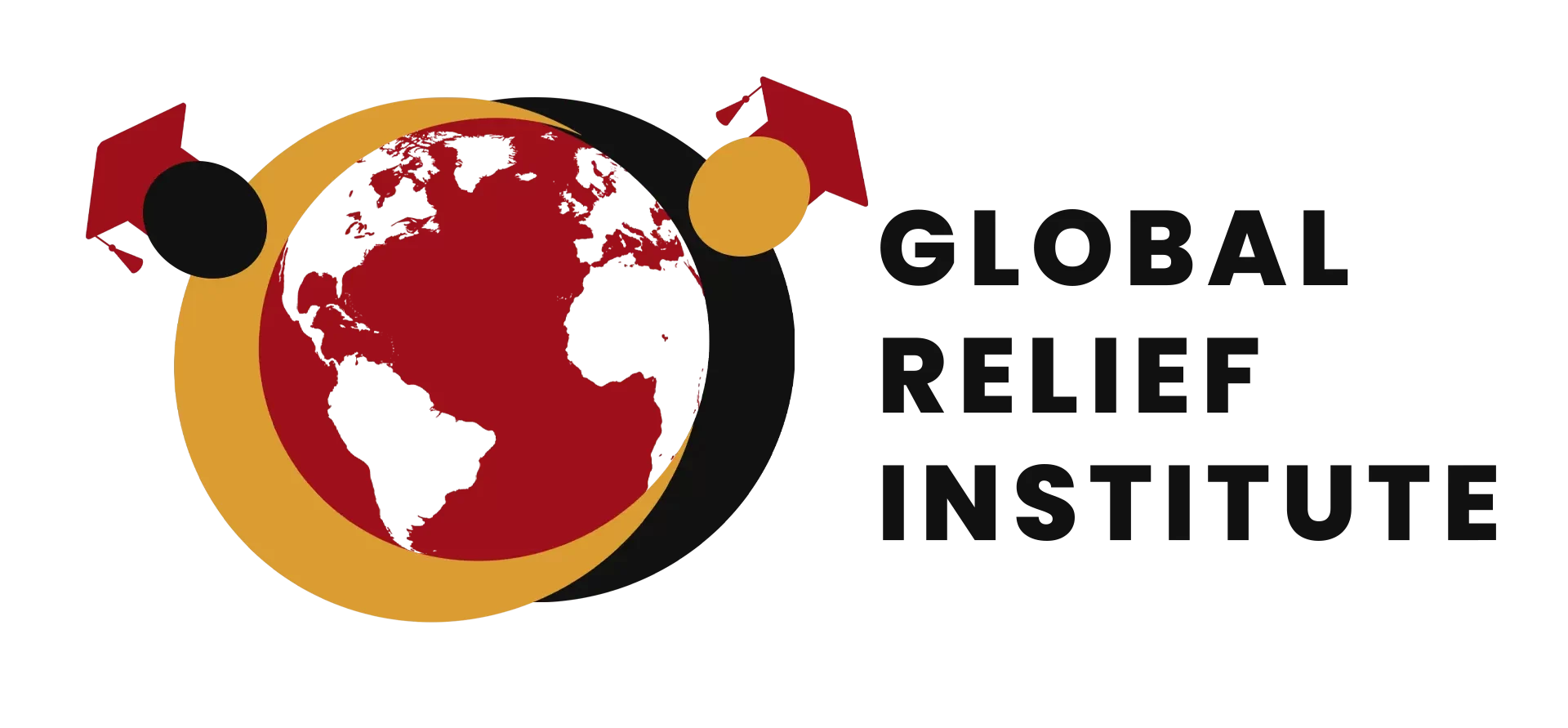Course Overview
The right to adequate food is recognized in international legal instruments including declarations, which are nonbinding and conventions, which are treaties that carry the force of the law. The Convention on the Elimination of All Forms of Discrimination against Women in 1979 and the Convention on the Rights of the Child in 1989 state that states and non-state actors have responsibilities in fulfilling the right to food.
Post-graduate Diploma in Food Security and Climate Change Management enhances learners’ abilities to manage food security programs within governmental, non-governmental, and multilateral organizations. The course is appropriate for healthcare service providers, disaster response workers, relief agency staff, public health practitioners, nurses, national ministries of health in countries that are regularly affected by emergencies and other professionals involved in disaster response and risk reduction.
Course Objectives
At the end of this course, learners should be knowledgeable on:
- Different disasters, their trends and consequences on displaced people
- The major political, economic, social and cultural processes surrounding humanitarian emergencies.
- The International Humanitarian Law (IHL) and the Human Rights Law (HRL) and their application in humanitarian emergencies.
- The role of humanitarian assistance in disaster prevention, mitigation and preparedness.
- The underlying principles of public health management and the main problems of public health control in emergencies.
- Identify the common issues surrounding food and nutritional emergencies.
Course Content
- Nutrition and Food Security
- Nutrition and Food Security 2
- Introduction to Emergencies
- Introduction to Emergencies 2
- Nutrition in Emergencies
- Food Aid in Emergencies
- Food Security and Nutrition in Forced Migration
- Sustainable Agriculture: Impacts on Food Production and Challenges for Food Security
- Climate Change and Food Security
RESEARCH PAPER
Students will be required to choose a research topic and share it with the moderator. Upon agreement, learners will write a proposal and do corrections based on feedback. The students will then proceed with writing chapters three, four, and five of the paper. Guidelines will be provided on the format preferred by the institute.
FINAL EXAMINATION
Minimum Entry Requirements
Common regulations governing Post-Graduate Diplomas shall be applicable
The following shall be eligible for admission
- Holders of a Bachelor’s Degree from a recognized university
- Holders of an equivalent qualification from any other recognized institution
Practicum
- Candidates shall be expected to submit 10 Assignments (8 ASSIGNMENTS, 1 FINAL EXAM AND PROJECT PAPER)
DURATION: 12 Months
REGIONS TARGETED: Global
COURSE FEE: €1500
ORGANIZERS: GRI
LANGUAGE: English and French
FORMAT: Online Learning
GENERAL COURSE CONTACT:



